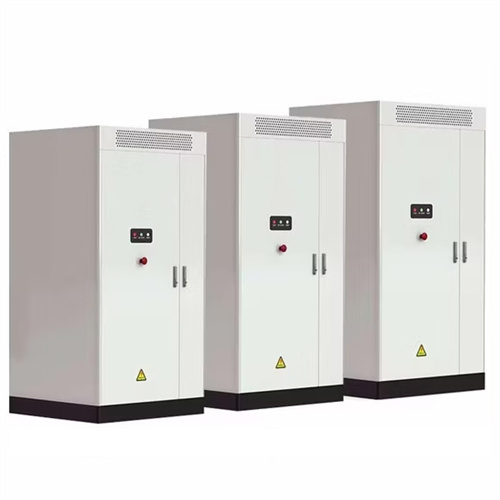About Issues with lithium ion batteries
Lithium-ion batteries, found in many popular consumer products, are under scrutiny again following a massive fire this week in New York City thought to be caused by the battery that powered an electric sc.
Dylan Khoo, an analyst at tech intelligence firm ABI Research, said electric bikes and scooters use.
Kerber recommends people buy UL-certified electric bikes and scooters from reputable retailers; online marketplaces often make it hard for customers to tell where prod.
As the photovoltaic (PV) industry continues to evolve, advancements in Issues with lithium ion batteries have become critical to optimizing the utilization of renewable energy sources. From innovative battery technologies to intelligent energy management systems, these solutions are transforming the way we store and distribute solar-generated electricity.
When you're looking for the latest and most efficient Issues with lithium ion batteries for your PV project, our website offers a comprehensive selection of cutting-edge products designed to meet your specific requirements. Whether you're a renewable energy developer, utility company, or commercial enterprise looking to reduce your carbon footprint, we have the solutions to help you harness the full potential of solar energy.
By interacting with our online customer service, you'll gain a deep understanding of the various Issues with lithium ion batteries featured in our extensive catalog, such as high-efficiency storage batteries and intelligent energy management systems, and how they work together to provide a stable and reliable power supply for your PV projects.
Related Contents
- Shortage of lithium ion batteries
- Best lithium ion golf cart batteries
- Negative effects of lithium ion batteries
- Where are lithium ion batteries made
- Shipping requirements for lithium ion batteries
- A123 systems lithium ion batteries
- Is heat bad for lithium ion batteries
- Problems with lithium ion batteries
- Is lithium ion batteries allowed on airplanes
- Lithium ion d batteries
- How to package lithium ion batteries for shipping
- Klm lithium ion batteries


